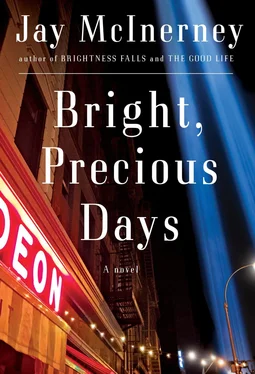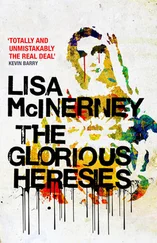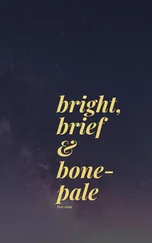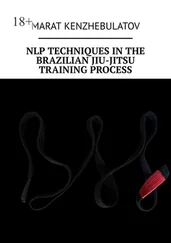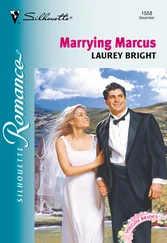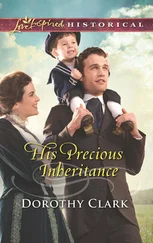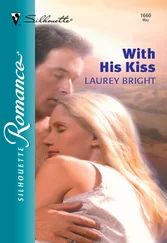“I don’t know,” Jonathan said. “Jesus, I could make you a list, starting with Christopher Marlowe. Most of the writers we both like were drunks or addicts or both. Just look at the modernists — Hemingway, Fitzgerald, Faulkner. Raving alkies. Not to mention the Beats. Most of the writers on our list are pretty fucked-up and emotionally unstable.”
“They’d be better and more productive if they got their shit together. Tender Is the Night would’ve been a better book if its author hadn’t been drunk half the time and wired on Dexedrine the other half.”
“If you say so, Dad.”
“Hey, I’m not moralizing. I’m just saying let’s not confuse cause and effect.”
“What about Burroughs?”
“His subject was drugs and derangement, so I guess we have to make an exception there. Ditto Hunter Thompson.”
“So what do we do about the fuckup in question? About Jack?”
“Keep calling. If you can’t reach him, I’ll go over to the hotel room after lunch.” He realized that if he sounded a little vehement on this topic, even overwrought, it probably had a lot to do with Jeff, who’d been slouching at the back of his mind all morning: His dead best friend, the genius junkie, was posthumously developing a cult all his own. Sales of his books were steadily climbing. It seemed like such a damn waste. Sometimes, still, it would hit Russell hard, how much he missed him. How angry he was at him still for not being around. No one had ever completely replaced him. Corrine said he should go to therapy. But then, she had Jeff issues of her own.
After lunch he searched his file cabinets and found the article that had so enraged him about Youth and Beauty, although, despite the fact that it had been his practice to make carbons of all his letters, he couldn’t find the copy of his seething epistolary response. The clipping was from the April 1991 issue of Details:
Those who imagine that the guardians of high culture sit in the clouds, like gods, disinterestedly paring their fingernails while passing judgment on the literary offerings laid before them, should consider the canonization of Jeff Pierce as his posthumous novel, Youth and Beauty, slouches into bookstores. August voices from The New York Times, The New York Review of Books and The Village Voice have all breathlessly retailed a version of the archetypal tabloid narrative: young, talented, tortured artist, too sensitive for this world. Listen carefully to the faux-stentorian tones of critical consensus and you can hear, underneath, the screaming of teenage girls at a pop concert. (Of course, Pierce helped shape the narrative with his Keatsian title.) Nowhere in print, until now, will you find the opinion that he was a preppy junkie whose worldview was doubly circumscribed, by privilege and by addiction….
“Can I talk to you about the party?” Jonathan asked, leaning in the doorway.
“How’s it shaping up?” Russell asked, relieved to set this screed aside.
“Getting bigger by the minute.”
Russell didn’t really believe in publication parties, or at least he didn’t believe in paying for them, because he didn’t think they helped to sell books; basically, it was just a sop to the author’s ego. But Jonathan had talked him into doing one for Jack after his reading at 192 Books, and now that the TBR promised to come in strong, it looked as if it was going to be the event du jour. The reading and party would take place on Monday, the day after most civilians would see the Times. All week, people had been begging to be added to the list, and Jonathan was now worried that both of their chosen venues might prove to be too small. The bookstore wasn’t much bigger than the bathroom at Nobu, and the party room above the Fatted Calf, a kind of speakeasy for friends of the owners, which Russell had managed to book at an insider’s price, was even smaller than the bookstore, but Russell thought it was perfect.
“It should be a fucking zoo,” Jonathan said.
“That’s fine,” Russell said. “Far better than a half-empty room. Let’s put on an extra bartender, though. Nobody minds being jammed up against a bunch of their peers or literary celebrities unless they can’t get a drink.”
“Richard Johnson from Page Six RSVP’d this morning.”
“That’s surprising.”
“I think a lot of this is coming from the Web, Gothamist and Gawker and some of the bloggers. And then, strangely enough, there’s a Web site called Tweakers.com that serves the speed-freak community, and they seem to have registered the fact that a couple of the stories deal with meth. They just posted the details of the reading.”
“Methheads have their own Web site?”
“Several,” Jonathan said, shaking his head as he walked to the door.
“Jesus. Who knew?”
For twenty-five years, Russell had been trying to understand and channel that mysterious force alternately known as buzz or word of mouth, and now it seemed to have mutated into this new digital form.
It was always a little mysterious, what made some books pop and others evaporate. This week he’d sold rights in Spain, Germany and Italy, which basically meant that Jack’s advance was covered and everything from here on was profit. Exactly how Russell liked to do it.
Jonathan rushed back into the office, waving several sheets of paper. “I’ve got it!”
“And?”
“It’s a rave….I’ve only skimmed it, but it’s basically a blow job. Here, listen to this: ‘Jack Carson’s characters are the demon spawn of Faulkner’s Snopes family and Carver’s lumpen proles, the descendants of Walker Evans’s Depression-era subjects, trapped deep in the sunless hollers of Tennessee and Kentucky. Their American dream is a nightmare of cruelty and inbreeding compounded by privation; moonshine and meth their only escape, and yet Carson manages to invest their struggle to survive with a kind of stoic grandeur, and even, at times, to celebrate their inchoate yearning toward the light….’ ”
“Jesus, let me see that,” said Russell, practically tearing the review from Jonathan’s hands.
—
The afternoon before the party, Russell was looking over the reorders for the book, which were strong, when Corrine called, all worked up about a hard day with the bureaucrats at the New York City Housing Authority. She was trying to get permission to set up a food giveaway in the parking lot of a housing project in Brooklyn. “I don’t know whether to be somewhat encouraged or thoroughly discouraged.”
“Well, if you don’t know, honey, I’m not sure how I would.”
“Do you realize you call me honey when you’re exasperated with me? I think you do it because you feel guilty that you’re exasperated and it assuages your conscience.”
“I can’t say I’m aware of this alleged tic, nor do I believe it.”
“All right, I’ll stop bugging you. I’ll see you at home.”
“Not till late. Tonight’s Jack’s book party, remember?”
“Oh, right. Do you want me to come?”
“If I were you, I’d skip it. Looks like it’s going to be a real hipster ratfuck. I won’t be too late, I hope. If he wants to go out afterward, I’ll send Jonathan.”
—
In hopes of getting the guest of honor to the church on time, Russell decided to pick him up at the hotel himself. He arrived at the Chelsea just before six; when Jack didn’t answer the call from the lobby phone, he asked at the desk, where they had no information on Mr. Carson’s whereabouts. Why, Russell wondered, had he put him up in the same hotel where Sid Vicious had murdered Nancy Spungen? He turned and walked out the door and down the street to the Trailer Park Lounge, where he found the missing person huddled over a drink, looking exceedingly mournful sitting on his stool.
Читать дальше
